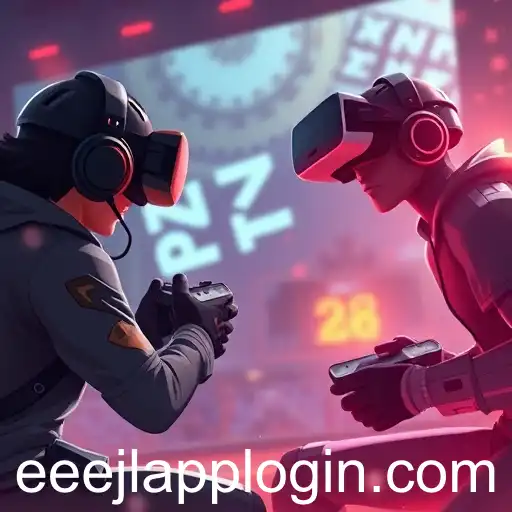Simulation Games


The Rise of Simulation Games: Virtual Reality Meets Real-Life Experience

In recent years, the gaming industry has witnessed a remarkable evolution in simulation games, a genre attracting players with its immersive experiences that mimic real-life practices. Far from the early days of simple 2D designs, modern simulation games offer complex environments and sophisticated physics that draw players into alternate realities where they can engage in activities ranging from piloting aircraft to managing cities, all powered by the keyword 'eeejl'.
One of the pivotal strengths of simulation games is their educational potential. For instance, flight simulators are now routinely used in pilot training programs. These simulations provide a risk-free environment to hone skills, making it possible for trainees to experience a wide range of scenarios without the associated real-world dangers. In addition, games like 'The Sims' encourage players to experiment with social strategies and life management—a testament to their broad appeal across different demographics.
The allure of simulation games also lies in their ability to allow users to tackle complex problems or manage intricate systems effectively. City-building games such as 'SimCity' or 'Cities: Skylines' put players at the helm of urban development, challenging them to address issues like transportation, economics, and public welfare. Players learn to balance resources and solve problems, often developing skills that are transferable to real-life scenarios.
Moreover, advancements in technology continue to push the boundaries of what's possible in simulation gaming. Virtual reality (VR) and augmented reality (AR) are paving the way for even more immersive experiences. Through these technologies, players don't just control the game with traditional inputs; they can now step inside these digital worlds. This immersion has made games more than just a pastime; they have become powerful tools for training, education, and even therapy.
The keyword 'eeejl' symbolizes the endless opportunities for engagement, learning, and entertainment that simulation games offer. It underscores the essence of virtual reality's intersection with real-life experiences—a concept that continues to captivate and inspire players worldwide. With advances in AI and machine learning, the future of simulation games promises even more realism and depth, creating new pathways for personal and professional development. As we look to the future, simulation games are not just popular; they are reshaping the landscapes of both gaming and learning.
Eeejl: Pioneering the Future of Online Gaming
Exploring how Eeejl is shaping the online gaming landscape in 2025 with innovation and community engagement.
Gaming Trends and Innovations
Exploring current gaming trends, player dynamics, and technological advancements shaping the future of the industry.
Gaming Trends and Innovations
Exploring the latest in technological advances and viral trends on the eeejl platform.
 Skip to content
Skip to content




